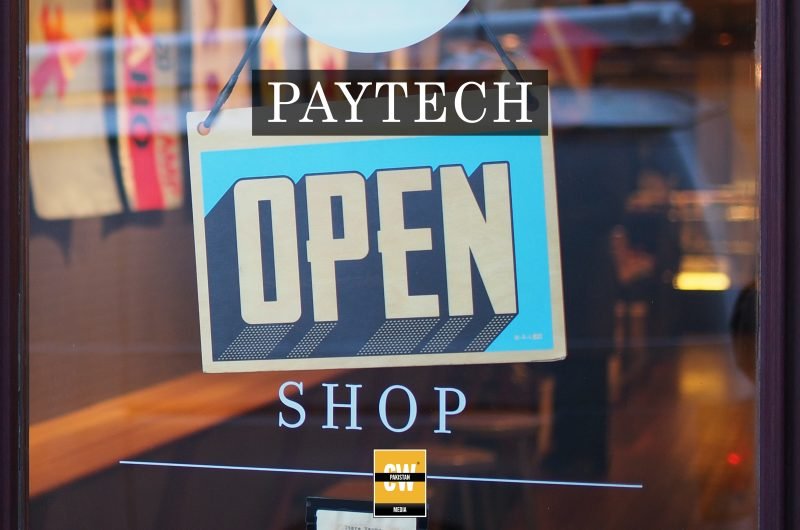Pakistan’s rapidly expanding e-commerce sector, projected to reach USD 7.5 billion by 2026, is now facing questions of transparency and consumer protection with the entry of Gold Box, a platform marketing itself through a so-called “blind box” shopping experience. While positioned as an innovative approach to online retail, critics argue that the platform’s design more closely resembles a gaming or betting application, raising concerns about consumer safety and regulatory oversight.
Gold Box’s promotional campaigns emphasize instant rewards, quick cash-out features, and team-based earning incentives. Digital rights experts say these mechanics appear designed to keep users engaged in ways typically seen in mobile gaming rather than e-commerce. The overlap, while not explicitly illegal, has prompted concerns that consumers may face unforeseen financial risks if expectations do not align with actual outcomes.
A central feature of the platform is its one-click consignment and 24-hour cash-out promise. However, industry specialists point out that these claims remain largely unverified. In the absence of independent escrow arrangements or credible third-party oversight, users risk being left without recourse if promised benefits are delayed or denied.
Adding weight to the skepticism, several Pakistani social media influencers approached for promotional partnerships with Gold Box have publicly declined. Some reported that after testing the platform, the reward structure and interface seemed too closely aligned with betting-style applications. Their statements have amplified public debate, urging consumers to be cautious until greater clarity is provided by regulators or the platform itself.
The platform’s emergence highlights a significant regulatory gap in Pakistan’s digital economy. Current frameworks for e-commerce and fintech were designed with traditional marketplaces and payment solutions in mind, leaving uncertainty around hybrid models that blend retail with gamified financial incentives. Analysts argue that the State Bank of Pakistan and the Securities and Exchange Commission of Pakistan need to assess whether platforms like Gold Box adhere to fintech regulations, consumer protection standards, and anti-money-laundering protocols.
Experts warn that unchecked growth of such models could undermine trust in the wider e-commerce ecosystem. Pakistan’s digital economy has been on an upward trajectory, driven by greater financial inclusion, adoption of mobile wallets, and a surge in online marketplaces. Yet this progress depends on ensuring consumers feel confident that their transactions are secure and their rights are protected.
For Pakistan to maintain momentum in its digital commerce expansion, careful oversight of emerging business models is essential. Analysts recommend that regulatory authorities require greater transparency in refund and return policies, disclosure of reward mechanics, and verifiable safeguards for customer funds. Without such protections, there is a risk that platforms exploiting the gray zone between gaming and retail could erode consumer trust in legitimate digital commerce providers.
Gold Box’s entry may be a sign of the growing experimentation in Pakistan’s e-commerce landscape, but experts caution that innovation must not come at the expense of transparency and financial security. How regulators and industry stakeholders respond in the months ahead will shape the balance between growth and protection in the country’s evolving digital economy.
Follow the SPIN IDG WhatsApp Channel for updates across the Smart Pakistan Insights Network covering all of Pakistan’s technology ecosystem.









